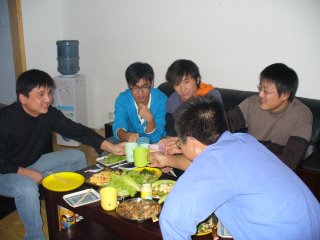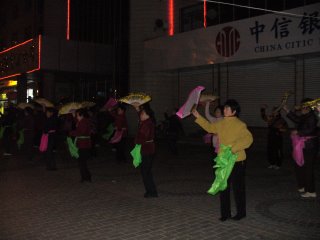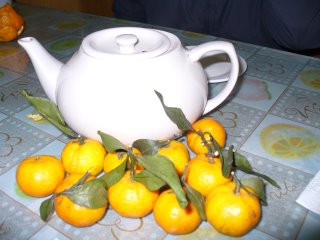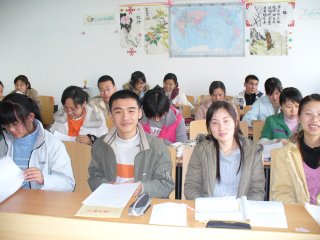Tickets Home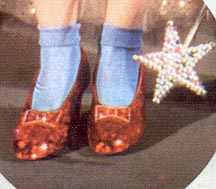
The exam schedule has been revised. Finals are now scheduled for Christmas week, which means I can leave shortly after New Year's. There's no point staying an extra week, once exam are over. I need time to rest and reacclimate to America, after all these months away. The ETSU term begins January 16. Before the schedule change, I was planned to come home January 12, which left no time for recuperation.
I was prepared to pay a penalty for the changed my ticket, but I was stunned by the complexity of the process. The American travel agency says the ticket should be changed in China, and the Chinese say the ticket can only be altered in America. Airline personnel say that to do anything, I must personally visit their office in Beijing. The international office is not sure its travel agent can help. It would seem that tickets could be changed over the phone, but in China it seems to take an act of God.
I could stay here after finals on the empty campus, and it's a bad time of year to do touristy things. I could fly standby, that's not a wise option for so long a trip.
A colleague who has changed tickets in the past is helping me work on the problem. Meanwhile, I am asking that anyone so inclined PRAY!!!























